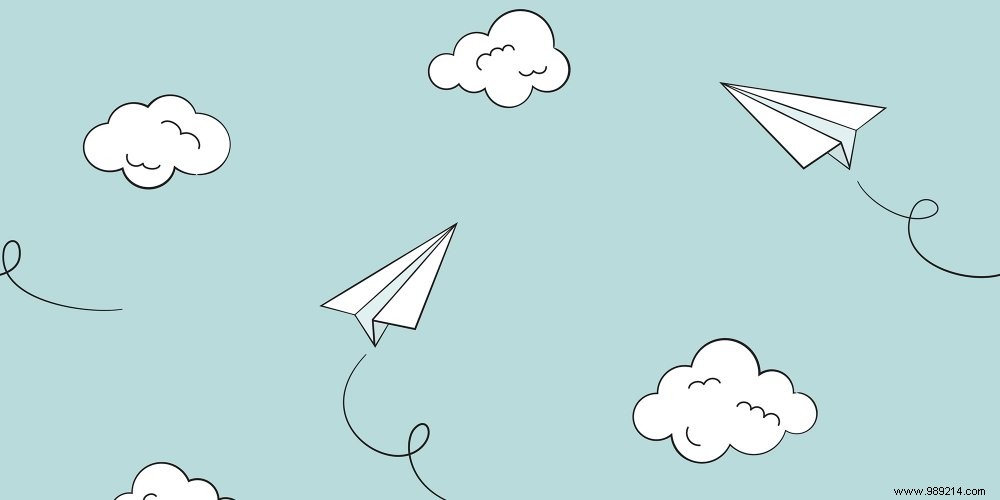 Do you want to enjoy a distant vacation without suffering the effects of jet lag? Need to readjust yourself after exhausting weeks that have accentuated your sleep debt? Specialist Mounir Chennaoui explains how to quickly resynchronize your internal biological clock.
Do you want to enjoy a distant vacation without suffering the effects of jet lag? Need to readjust yourself after exhausting weeks that have accentuated your sleep debt? Specialist Mounir Chennaoui explains how to quickly resynchronize your internal biological clock. Insomnia, drowsiness, physical and intellectual fatigue, mood disorders, digestive disturbances. After a three-hour flight to the east or west, we experience the symptoms of jet lag, due to the desynchronization of our biological clock. Simple rules can minimize this phase shift.
In addition to travel fatigue, the rapid passage of three or more time zones disrupts our circadian rhythm. No inconvenience if you go north or south since you stay on the same time zone, or almost. During a flight to the east, for example Asia +6h, we are ahead of phase, so the jet lag is more difficult to manage. During a flight to the west, for example the USA -6h, we are late in phase because the brain must compensate for a longer solar day.
"We are not all equal in the face of this jet lag, explains Dr. Mounir Chennaoui, author of The little book of sleep . Depending on whether you have a morning (tendency to get up early) or late (tendency to get up late) chronotype, the recovery time will be different. It takes an average of at least three days for the cortisol level to recover".
No need to try to manage the jet lag if you only leave for two or three days. Beyond four days, it is necessary to anticipate to promote adaptation to the new way of life. “A trip east? Eat dinner and go to bed earlier on previous days and get plenty of morning light. Going west, delay dinner and bedtime by one to two hours, wear sunglasses in the morning and enjoy the last rays at the end of the day", continues the expert.
To the east, prefer an evening flight to spend a short night on board. Heading west, opt for a day trip and take a nap during the flight. Provide earplugs, mask, inflatable pillow, compression stockings, if you are prone to circulatory disorders, and comfortable clothing. If you are on treatment, check with your doctor about the times you should take the medication to avoid over or under-dosing.
Video of the day:Before boarding, set your watch to the destination time. On board, walk regularly to prevent phlebitis. Drink plenty of water as pressurized air is dehydrating. Forget coffee and energy drinks. If necessary, a glass of wine will allow you to have a little nap and avoid taking sleeping pills which can increase the risk of venous thrombosis or sudden awakening in the event of an incident.
During a night flight, dine if possible with slow sugars, prefer proteins for breakfast or lunch. Moisturize face, lips, eye contour, hands to counteract the effects of dry cabin air.
"Continue this diet for the first few days at your destination. During the day, focus on proteins that promote alertness. Save carbohydrates, which provide tryptophan to help you fall asleep, for dinner,” adds Mounir Chennaoui, who continues:“In the west, take advantage of the late afternoon light and wear sunglasses in the morning. In the East, do the opposite. Temperature is also an index that the body uses to regulate its biological clock.
Sleep with the shutters closed in a cool room for the body sends the signal to sleep to the brain . In case of light and high temperature, the body interprets it as the signal to wake up. Add short naps of 20-30 minutes maximum and 30 minutes of physical exercise to speed up resynchronization.".
Exhausted after intense weeks that generated difficult nights? Do not take this sleep debt lightly, which can lead to impaired carbohydrate metabolism, disrupt hormones that regulate appetite and be a source of repeated infections. "We will have to pay this debt and it can take a week. Train yourself to get up and eat regularly, take a 15 to 30-minute restorative nap, forget alcohol, coffee and screens, do not eat too fatty or too spicy, seek the morning light, increase your physical activity.This way you will find a better quality sleep."
Read also: